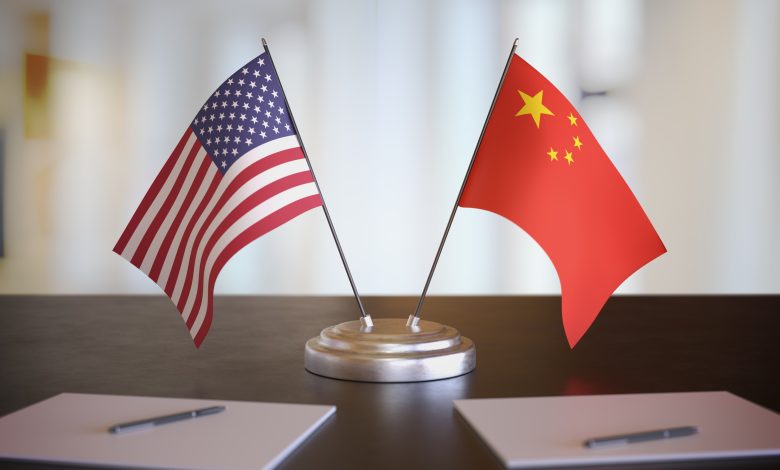The U.S.-China Fault Line Is Felt in the Academy
The breakdown in university exchanges threatens understanding and collaborative research

When Peking University in Beijing harshly cracked down on student activists in 2018, educators around the world watched with alarm. Yet one year later, the Chinese institution was welcoming a high-profile guest—Martha Pollack, the president of Cornell University—and by 2021, the two partners were proposing a flashy dual-degree program.
Back in Ithaca, New York, the proposal met fierce backlash. Cornell’s Faculty Senate overwhelmingly opposed the partnership in a vote, citing concerns of academic freedom and transparency; many students decried Beijing’s human rights violations and mass detention of Uyghurs.
“It became very clear that from the students’ standpoint, from the faculty standpoint, there was no interest in expanding the relationship” in this way without more rigorous ethical oversight, said Eli Friedman, a professor at Cornell. “And they did it anyway.”
Tucked away between gorges and hiking trails in the depths of upstate New York, talk of great-power competition can feel far from Cornell’s campus. But it’s in this isolated environment—and I know it well, having studied there myself—that debates over partnerships with China have sharply unfolded, underscoring how deteriorating U.S.-China relations have swept American universities into a geopolitical firestorm.
For decades, universities have facilitated exchanges between American and Chinese scholars that have been essential to creating more nuanced understandings of each country and advancing research. But even before the COVID-19 pandemic, Beijing’s growing repression had complicated their calculus. As the U.S.-China relationship continues to devolve, universities are confronting thorny questions about academic freedom, censorship, and research security—and debating what types of partnerships can, and should, be pursued in the current climate.
To read more : ForeignPolicy
Image credit : vchalup – stock.adobe.com




